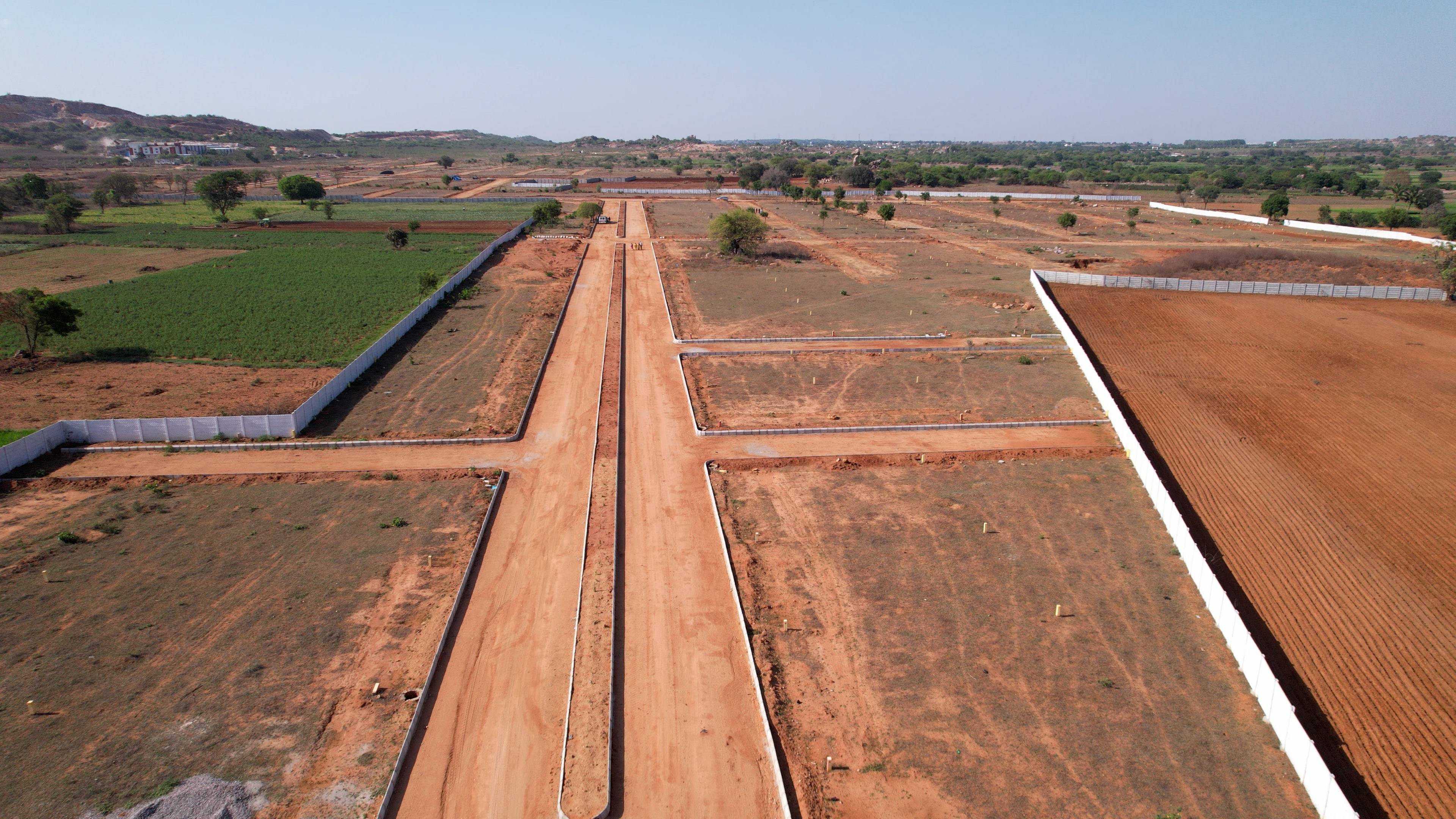Real estate plotting refers to the process of subdividing a large piece of land into smaller, defined plots that are sold individually for residential, commercial, or industrial purposes. This has become an increasingly popular trend as people seek open spaces, investment opportunities, or the chance to build custom homes. In this article, we’ll explore the key aspects of real estate plotting, the benefits of investing in plotted developments, and factors to consider before purchasing a plot.
What is Real Estate Plotting?
Real estate plotting is the method of dividing a large land parcel into smaller plots, usually with clearly marked boundaries. These plots can be offered as part of a gated community or standalone plots in open areas. Developers often equip these land plots with essential infrastructure like roads, electricity, water supply, and drainage systems, making them ready for construction.
Types of Real Estate Plotting
-
Residential Plotting: This involves dividing land into smaller residential plots where individuals can build homes. These plots are often found in planned townships or gated communities.
-
Commercial Plotting: Commercial plotting is focused on creating plots for businesses, offices, or shopping complexes. These plots are usually located near main roads or urban centers to attract commercial activity.
-
Industrial Plotting: In industrial plotting, land is divided for factories, warehouses, and other large-scale business operations. These plots are usually located in industrial corridors with access to transportation hubs.
-
Agricultural Plotting: Agricultural land is often plotted for farming, horticulture, or agro-based industries. These plots are typically located in rural areas but may also be converted for residential or commercial use over time.
Why Invest in Plotted Developments?
-
High Appreciation Potential: Land appreciates faster than built-up properties. Plot investments, especially in developing areas, tend to offer substantial returns in the long term.
-
Flexibility in Construction: Buying a plot allows you to build according to your preferences, whether for residential or commercial purposes. You have the freedom to choose your architect, design, and construction timeline.
-
Low Maintenance Costs: Unlike apartments or villas, empty land requires minimal maintenance. This makes it a hassle-free investment option with low recurring costs.
-
Fewer Legal Complications: Purchasing a plot involves simpler paperwork compared to buying a ready-built home, as there are fewer ownership disputes and lower risks of structural defects.
Key Amenities in Plotted Developments
Developers often provide essential infrastructure and amenities to attract buyers and make plotted developments more appealing. Here are common features:
-
24/7 Security: Most plotted developments in gated communities offer round-the-clock security, ensuring safety and peace of mind for plot owners.
-
Wide Roads: Well-designed and spacious roads are essential for easy movement within the community and improve overall connectivity.
-
Water and Electricity Supply: Developers ensure proper underground water and electrical supply to each plot.
-
Parks and Gardens: Green spaces, parks, and recreational areas are often included to enhance the livability of the community.
-
Rainwater Harvesting & Drainage Systems: Sustainable and eco-friendly solutions like rainwater harvesting and underground drainage ensure long-term viability of the project.
Factors to Consider Before Buying a Plot
-
Location: The location of the plot is crucial. Proximity to schools, hospitals, and transportation hubs can significantly impact the plot’s future value. Additionally, verify if the area is prone to flooding or other natural hazards.
-
Zoning Regulations: Ensure that the plot adheres to the local zoning laws. Some areas may be reserved for agricultural use or have restrictions on the types of structures that can be built.
-
Title Deed Verification: Before buying, verify the land's title deed and ensure that the seller has clear ownership of the land. Hire a legal expert if necessary to avoid any disputes later.
-
Developer’s Track Record: Invest in projects from reputable developers with a proven track record of delivering well-planned and fully serviced plots.
-
Infrastructure Development: Examine the quality of infrastructure provided, including roads, water supply, and drainage. Plots in well-serviced areas offer better returns.
-
Government Approvals: Ensure that the land has been approved by local authorities for construction. This includes verifying whether the layout has the necessary permissions from town planning authorities.
Conclusion
Real estate plotting is an attractive investment opportunity that provides flexibility, appreciation potential, and lower maintenance costs. Whether you're looking to build your dream home or invest in commercial real estate, buying a plot can offer substantial benefits. However, it is essential to thoroughly research the location, legal aspects, and development plans before making a purchase. With careful planning, investing in plotted developments can be a lucrative long-term asset.
To buy RERA Certified & DTCP Approved Gated Community Villa Open Plots in Andhra Pradesh & Telangana please contact:
For Sales : 8179712384
Mail : sales@openplots.net
